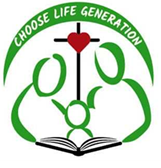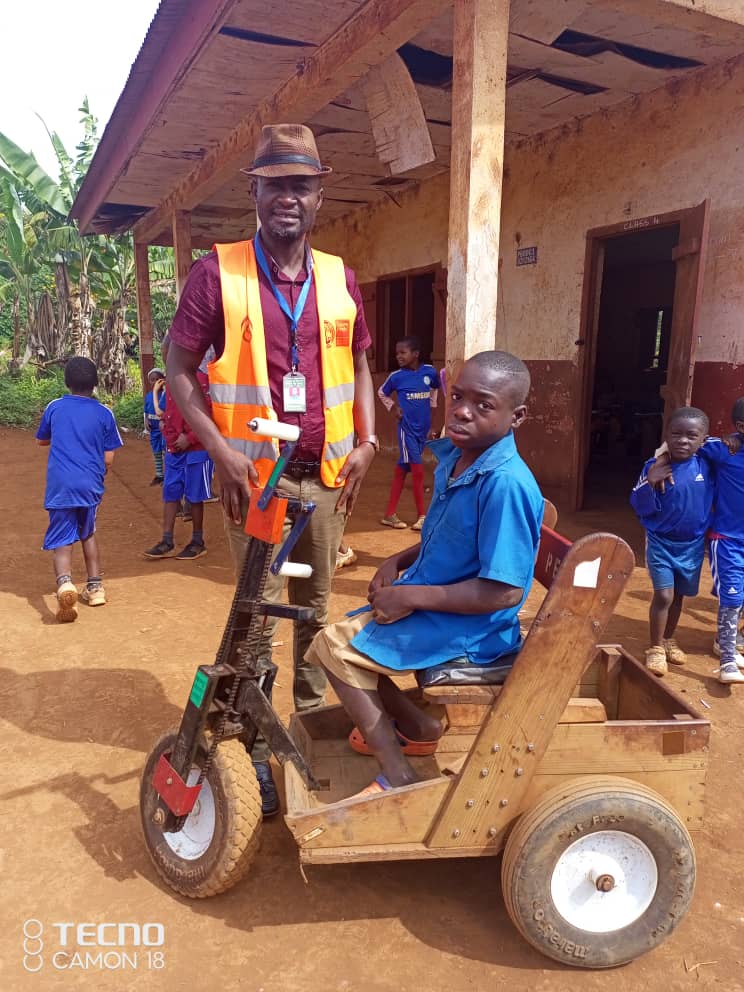Addressing Psychosocial Challenges, Empowering Victims, and Enhancing Public Awareness
Persons with disabilities, especially in vulnerable communities, face numerous psychosocial and socio-economic challenges that require urgent attention. Many of them lack access to basic needs such as healthcare, food, shelter, and clothing. Due to their vulnerability, they are frequently exposed to discrimination, rights violations, and are often viewed as second-class citizens.
Additionally, these individuals lack access to formal and informal educational opportunities, and livelihood support, leaving them marginalized and disempowered. There is a pressing need to empower these victims by providing them with healthcare services and livelihood opportunities, enabling them to lead dignified and independent lives.
One of the key issues remains the widespread ignorance of the rights of persons with disabilities. It is regrettable that a significant proportion of the population—including both community members and administrative authorities—are unaware of these rights. This ignorance contributes to exclusion and delays in the implementation of inclusive policies and practices.
To address this, it is crucial to initiate inclusive strategies at both the community and administrative levels, embedding them in yearly programs. This will facilitate meaningful inclusion and provide real opportunities for victims to rebuild their lives.
Moreover, in past years, it has been observed that many people are unaware of the presence and needs of persons living with disabilities within their own communities. The media has a vital role to play in reversing this trend.
As part of the program, media outlets—including both public and private television and radio stations—will be equipped with the necessary knowledge and tools to raise awareness about the rights and realities of persons with disabilities. Through consistent sensitization and education, the media can become a powerful driver of inclusive attitudes, reaching a wider audience and encouraging society at large to engage more actively in the inclusion process.
By creating an informed and compassionate society, this initiative seeks to spark an inclusive movement where everyone—regardless of ability—is given equal opportunity, dignity, and respect.

